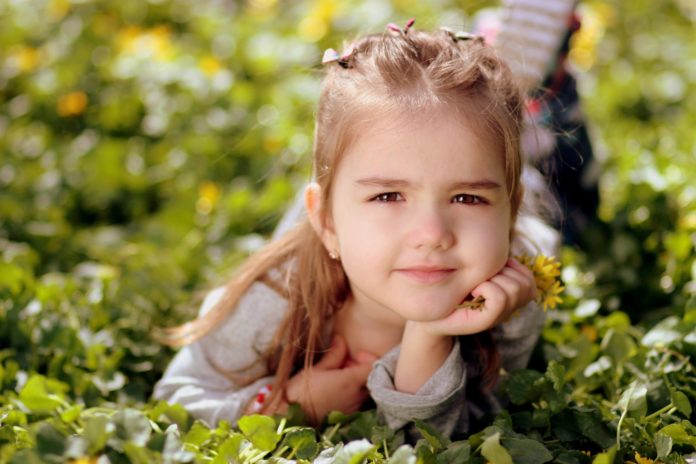By Doris Lopez Bustamante
There are four identified parenting styles. Are you able to recognize yours?
No matter who you are or what your life looks like, most parents want the best for their children and setting them up for their best life largely depends on their foundation. For this reason, you as a parent carry a huge responsibility on who you are, helping to shape their lifelong personalities based on your parenting style.
According to researchers, there are four parenting styles: Authoritarian, permissive, neglectful and authoritative or democratic, and each style takes on a different approach to raising children.

- The authoritarian parenting style is demanding but lacks the responsive quality. This style of parenting is characterized by strict parenting in which the parent allows for little or no open dialogue between the parent and child, and children are expected to follow a strict set of rules and expectations. The parent usually relies on punishment to demand obedience or teach a lesson. If you fall under this category you probably.
- Believe that children should be seen and not heard.
- Do not take children’s feelings into consideration.
- Believe in punishment instead of discipline.
- 2.The permissive parenting style is characterized by parents who are responsive but not demanding. Moreover, given that these type of parents are very loving and nurturing, their style could be considered a type of indulgent parenting in which the parent tends to be lenient while trying to avoid confrontation. Here, very few rules are set for the children and even when rules are implemented, the parent rarely enforces them. If you fall under this category you probably.
- Avoid conflict with your child.
- Consider yourself your child’s best friend rather than the parent.
- You think your child will learn with little interference from you.
- You often bribe your child, with large rewards, to do things.
- The neglectful parenting style is the most harmful of all the parenting styles. This type of parenting style is neither demanding nor responsive. This style neglects the children’s basic needs such as physical, emotional, educational and/or medical, in addition to others. Consequently, children grow up having no trust foundation. Often, these children (either as children and later as adults) have a hard time forming relationships with other people. They are also likely to struggle with self- esteem issues. They tend to perform poorly in school and often get in trouble. If you fall under this category, you probably.
- Rarely know where your child is at.
- You don’t spend time with your child.
- You spend long periods of time away, leaving your child alone.
- Or you lack basic child development and/or parenting education.
- According to the experts, the best and more beneficial parenting style is the democratic or authoritative. This parenting style has set rules and consequences, but it also takes the children’s opinions into account. This type of parenting validates the children’s feelings while also making it clear that the parent is the authority. The parent confers consequences when the child misbehaves and praises in response to good behavior. Although praise and rewards are both considered appropriate, praise style is still preferred over the rewards. The reasoning behind this is that children could get confused and start doing things to receive rewards rather than because it is the right thing to do. You might fall under this parenting style if…
- You as a parent put effort into creating and maintaining a positive relationship with your child.
- You set structure and household rules and there are reasonable consequences for breaking the rules, and the child knows them ahead of time.
- You, as parent, lead by example.
In conclusion, don’t despair if you not always fall into the preferred authoritative parenting style. With dedication and commitment, you can change your style to become the best parent for your child. And your child can reap the benefits, not only as child, but also later in life, as an adult.












